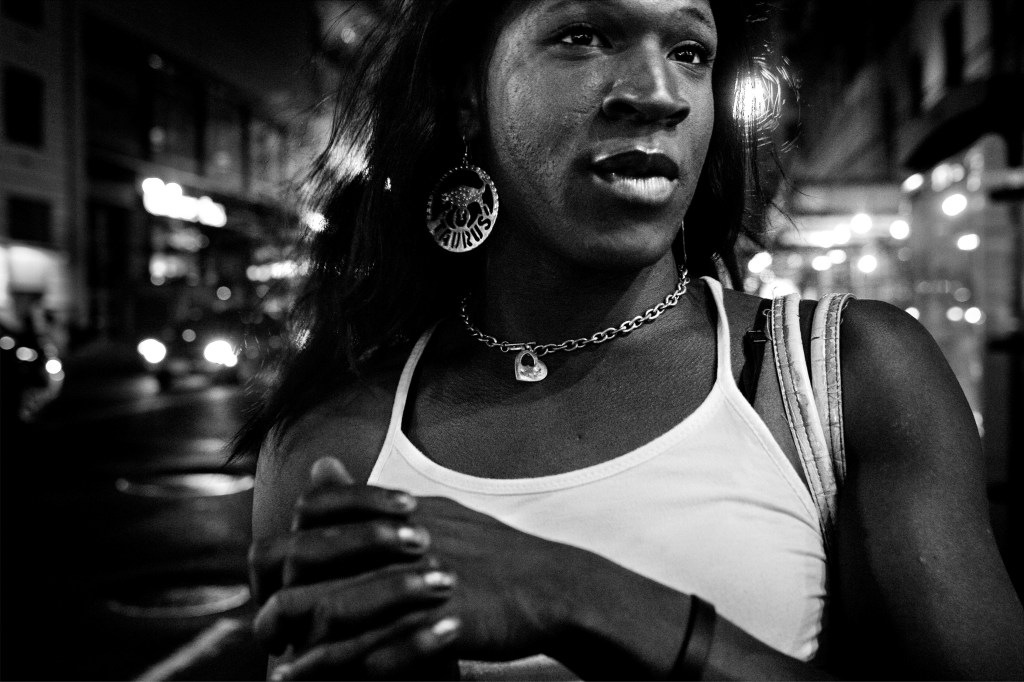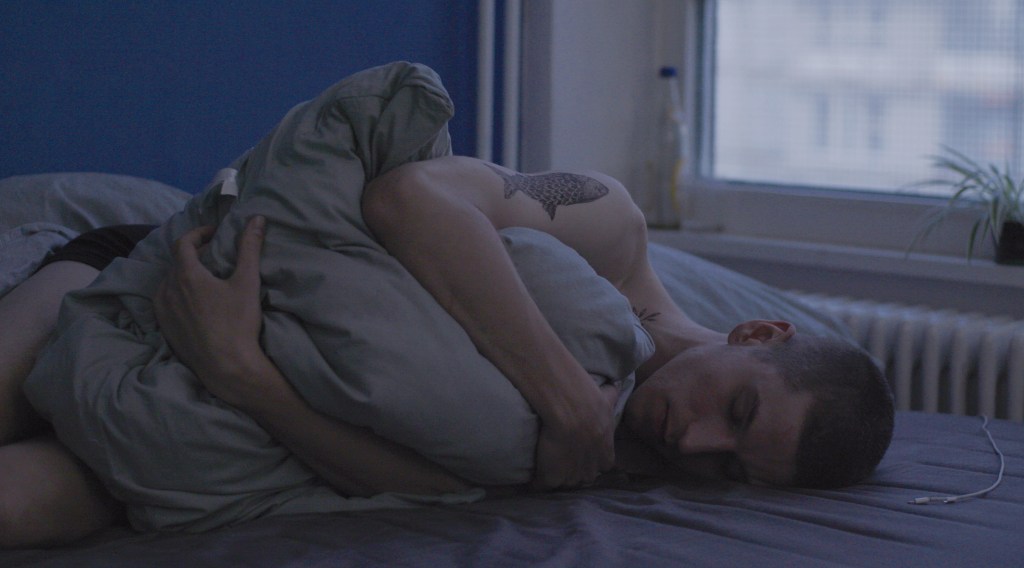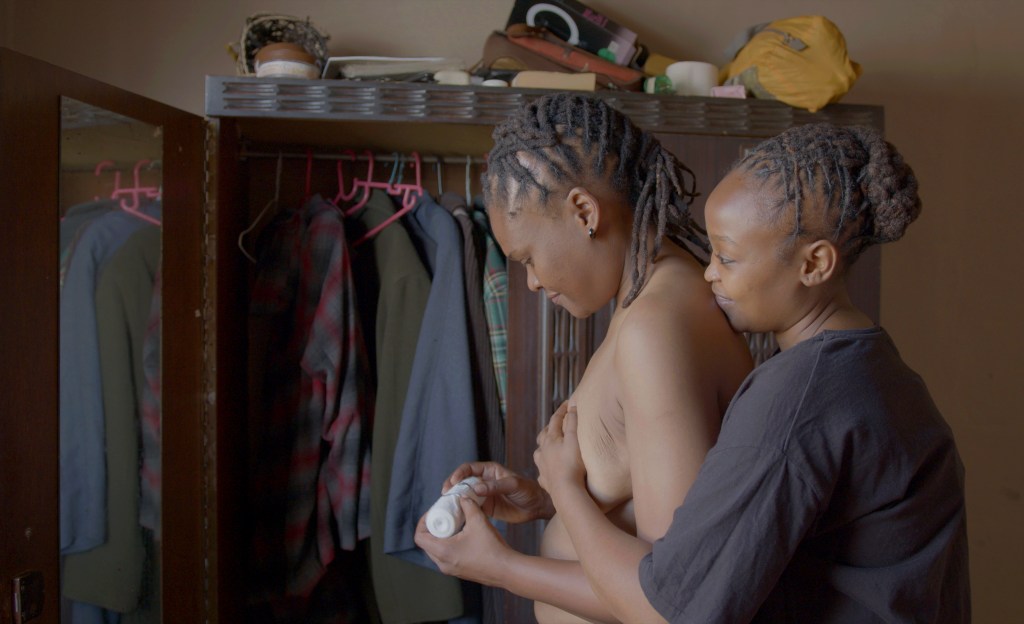BFI Flare 2023 has announced its first wave of LGBTQ+ films, and the lineup looks truly excellent

New films exploring LGBTQ+ identities can be found at the upcoming BFI Flare film festival. (Kristen Lovell, Salzgeber, Tünde Skovrán)
The first wave of films has been announced for the upcoming 37th edition of the much-anticipated BFI Flare Film Festival.
Kristen Lovell and Zackary Drucker’s documentary The Stroll, which won the US Documentary Special Jury Award: Clarity of Vision at last month’s Sundance Film Festival, opens the festival on 15 March.
The film follows the history of New York City’s Meatpacking District from the point of view of the trans women of colour who lived and worked there.
Comprised of intimate narration from co-director Lovell, who worked on “The Stroll” for a decade, the stirring and deeply personal film shows her reuniting with her sisters to recount the violence, policing, homelessness, and gentrification they overcame to build a movement for transgender rights.

Closing the festival on 25 March, meanwhile, is the UK premiere of Hannes Hirsch’s debut film Drifter, which arrives fresh from its world premiere at Berlin.
Billed as “a coming-of-age story with a difference”, the film tells the story of 22-year-old Moritz, who is excited to be moving to Berlin with his boyfriend. But when the relationship quickly falls apart, he begins an odyssey of new relationships in a city full of possibilities, discovering the joys of sexual abandon, and with each new encounter – straight, gay and a flirtation with S&M – he understands more of himself and how to fulfill people’s desires.
Drifter is a “refreshing and authentic look at queer lives, imbued with the excitement of this generation’s ways of being.”

Tünde Skovrán’s documentary Who Am I Not will also receive its UK Premiere as the Flare Centrepiece Presentation Screening on 21 March.
The film is an intimate portrait of the lives of two intersex South Africans and the challenges they face navigating binary sex and gender systems.
The documentary focuses on beauty queen Sharon-Rose Khumalo and intersex rights activist Dimakatso Sebidi with the film exploring the various medical, societal and personal challenges they face.
Described as “deeply moving and candid”, the film raises questions about sex and gender identity, and who gets to define it.

“The opening, closing and centrepiece presentations at this year’s BFI Flare offer a fascinating cross-section of queer identities, each radically different in both style and content,” said BFI Flare’s senior programmer Michael Blyth.
“But more than just three distinct entities, together these remarkable, urgent films explore what it takes to find your voice, to claim your space, and to choose your family.”
London’s BFI Flare LGBTIQA+ film festival is the UK’s longest-running queer film event. It began in 1986 as Gay’s Own Pictures, before changing its name to BFI Flare in 2014 to “reflect the increasing diversity of its films, filmmakers and audience”.
The full programme for the festival will be revealed on Wednesday 15 February.

